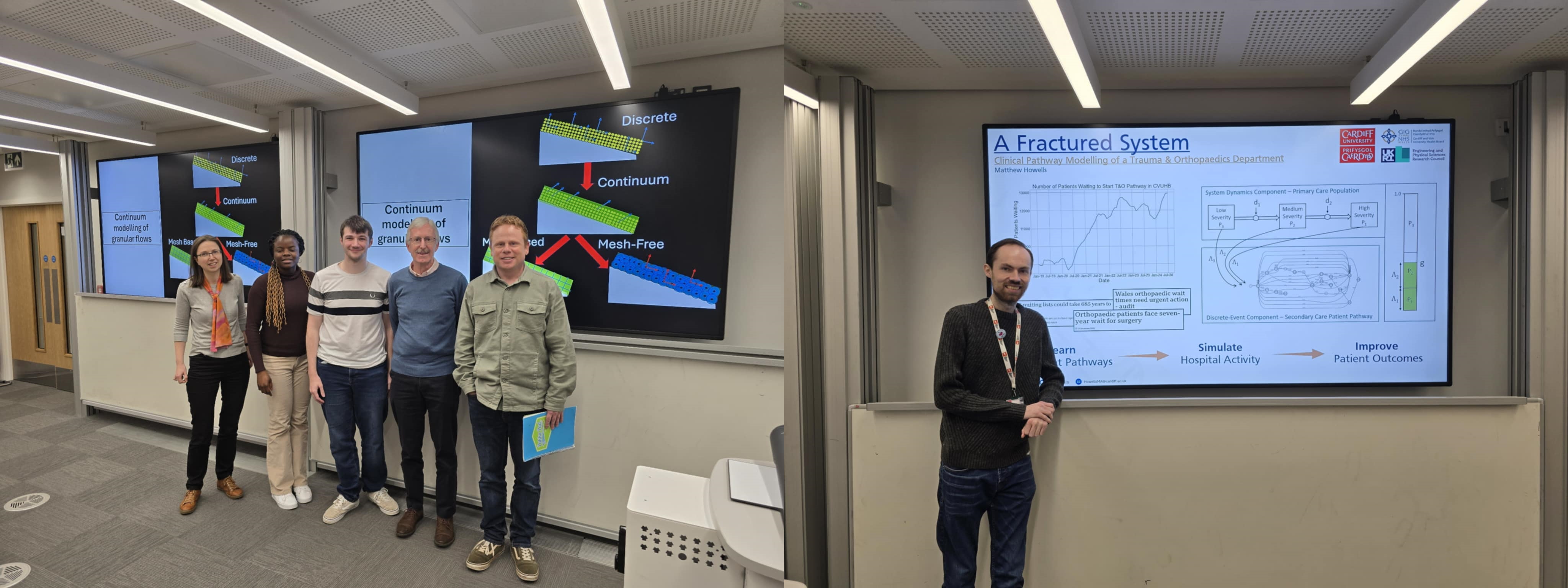Time and date: 4 December 2024 at 2:00 pm | Location: Abacws 3.38 | Speaker: James Lewis-Cheetham
Most evaluations for machine-learning-based financial forecasting models fail to consider crucial aspects of the trading process. Aspects such as transaction costs and the risk profile of a strategy can cause a strategy to underperform a simple buy-and-hold portfolio. Furthermore, the economic theory of the efficient market hypothesis posits that forecasting based on the commonly used public data sources cannot be profitable. I will provide an overview of my research evaluating the performance of forecasting models, trained and tested on the last 20 years of major U.S. stock data, and the performance of trading strategies using these forecasts. The research examines a range of forecasting architectures such as tree-based methods, multi-layer perceptrons, convolutional neural networks, and transformers. The results of my most recent study provide insights into the feasibility of these models and suggest surprising patterns in the relationship between forecast accuracy and performance.


